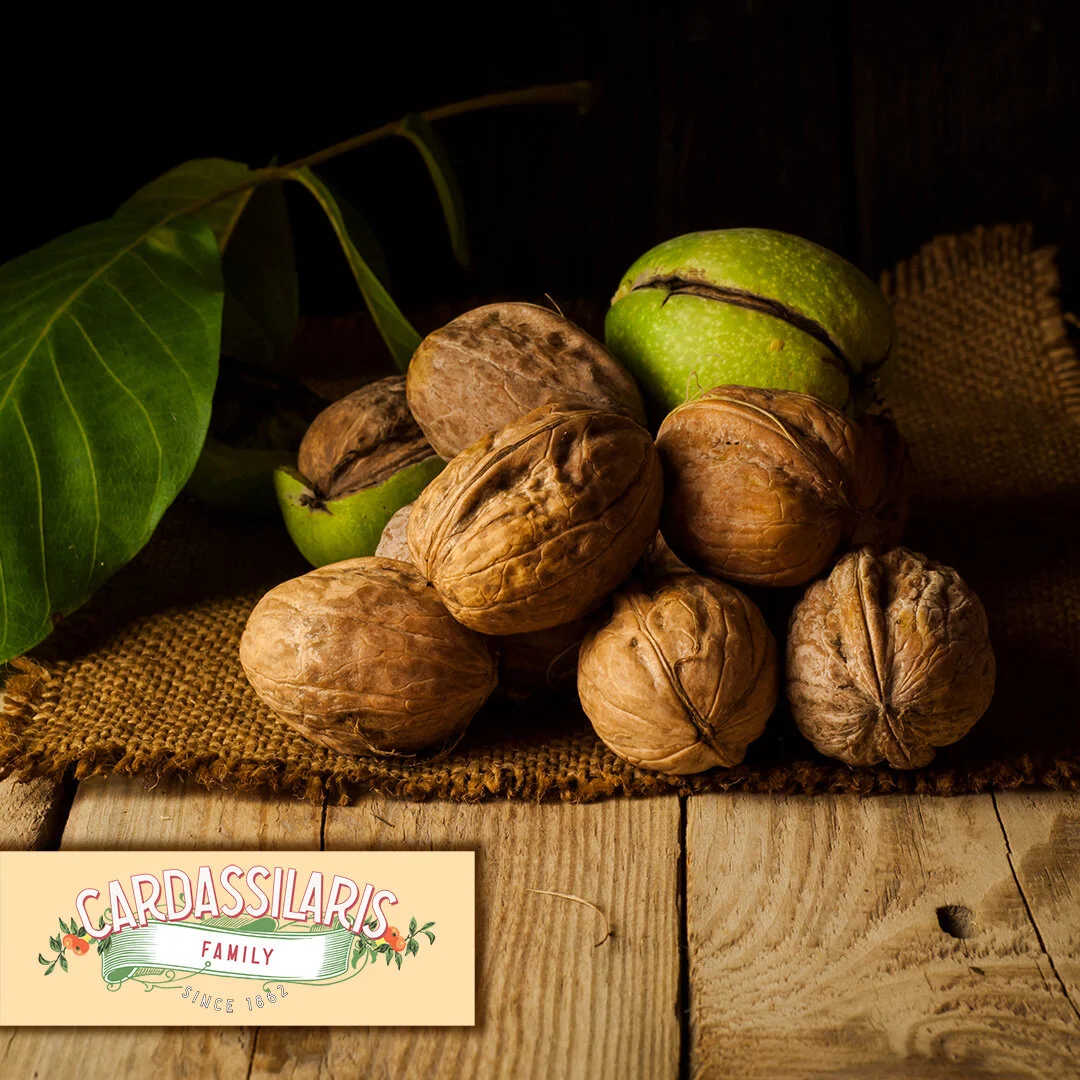Spanish Almonds Report September 2021
Almost a year since the last of the 2020 shipments, which were at 113.497 tonnes season total, Spain has started to ship almonds again, shipping orders beginning at 8.917 tonnes in July 2021. But this isn’t a worrying figure for that time of the year. In fact, there has been a 6.3% increase since the July shipment orders, and if compared to what was being ordered last year, that’s a projected 5.8% increase in the market.
When Is Harvesting Beginning?
Things will be clearer once shipping actually begins. Farmers have already started harvesting almonds in Spain. The warm temperature provides an average of 7 days’ anticipation. So far, there have been reports of a smaller yield than expected, with the crops weighing 2/3 % less, which is the reason behind the reduction in the size of the expected crop.
Last May, it was estimated that the Spanish 2021 crop would be around 109.000 tonnes, a 5.5% decrease from 2020. However, it seems that this hasn’t deterred buyers. The first country where Spanish almonds will be shipped is Germany at 26.665 tonnes, followed by France at 24.757 tonnes and Italy at 22.189 tonnes.
What Of Spain’s Imports So Far?
As per the Spanish Customs authorities, Spain imported about 6.426 tonnes of Almonds in July 2021, with most of the crop coming from California. Similarly, from August 2020 to June 2021, 106.854 tonnes had been imported to Spain, of which 88.952 tonnes were coming from California, 6.716 tonnes from Portugal, and 3.549 tonnes from Australia.
Other Things To Know About
This year the field prices were 30% higher than last year. This follows the trend of the international market and the need for better returns for growers after the low prices from the 20/21 crop. The good news is that in spite of this increase, Spanish almonds are still pretty good in value. However, due to the scorching temperatures in the summer, farmers have complained about not growing almonds efficiently. The farming methods in Spain consist of dry farming, but due to the weather, these are especially affected by the drops in volumes to be harvested.










